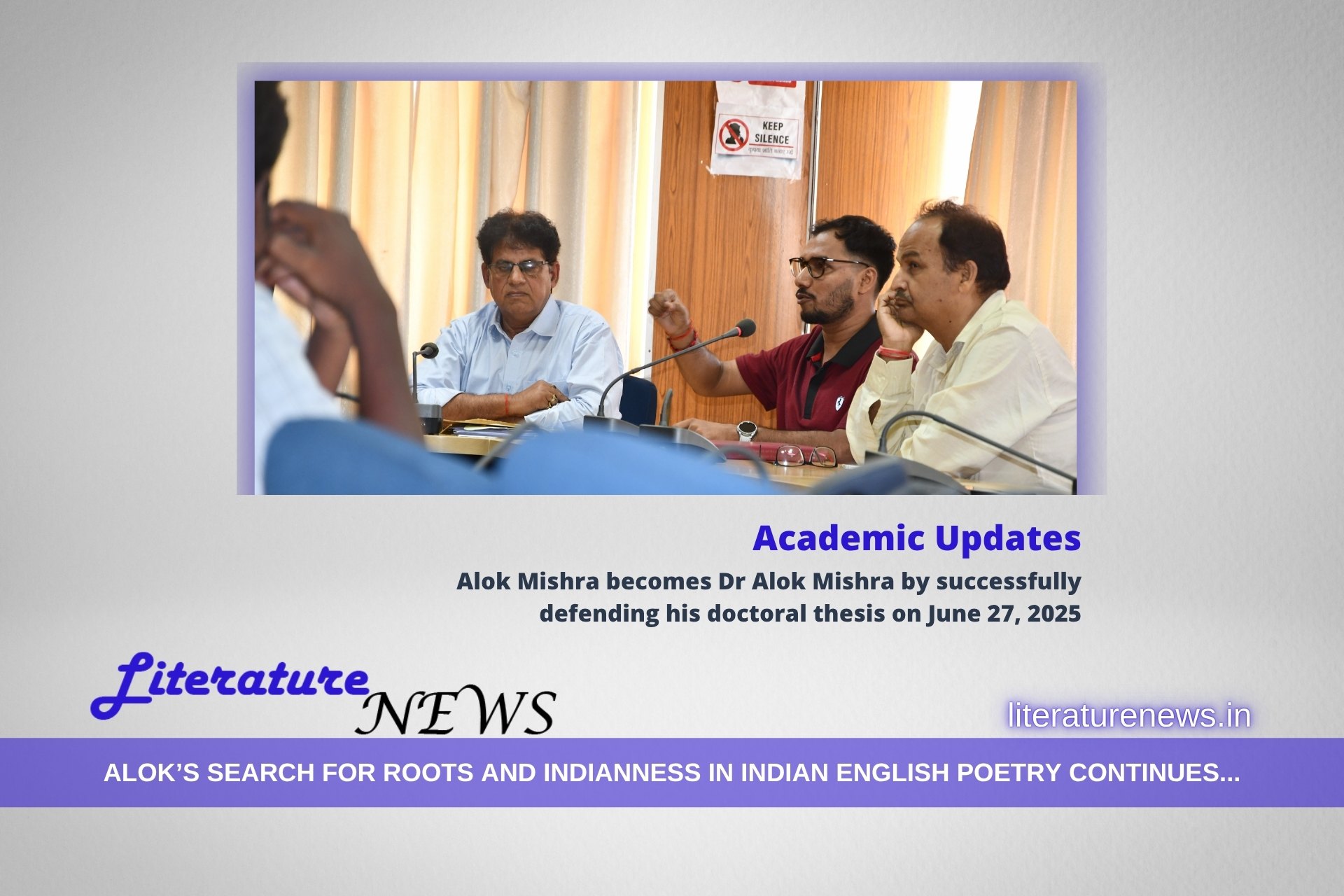By chance, India’s independence from the coward and savage british rulers came on the same day as the birthday of India’s great philosopher, poet and visionary saint Sri Aurobindo – 15th August. Sri Aurobindo was born 15 years after the first Indian freedom struggle, thanks to Savarkar to have noted it as such, in 1872 and he was also one of the leading figures, inspired by Swami Vivekananda, in the freedom struggle against the British. However, Sri Aurobindo didn’t attend meetings with the British and neither did he enjoy being imprisoned in the luxurious jails as our senior freedom fighters like Bapu and Pandit Ji did.
I burn and know not why; I sink to hell
Fruitlessly and am forbidden to rebel.
Known more as a philosopher and a realised saint, Aurobindo Ghosh became active, ideologically, in the war of India’s freedom after initial days spent with freedom fighters on the ground and also being jailed a few times. He says to have been visited by Swami Vivekananda in prison and from there, he got the inspiration to actively participate in awakening people for a larger purpose.
The mighty perish in their might;
The slain survive the slayer.
He was optimistic about India’s freedom. He was sure about India’s success in the future. He was also very sure about India continuing its cultural riches going into the future after being independent of british rule. Inspired by the Irish freedom movement when he was in England, Aurobindo came to India with similar ambitions and actively took part in various freedom fighters’ meetings, actions and roles. However, it is believed, he claimed and many know it as such, he experienced a reformation within himself while serving a jail sentence in a falsified sedition case. When he came out of jail because no evidence could be produced against him, he started his spiritual journey and started practising inner Yoga, philosophy and spirituality. He settled in Pondichery where his Ashram is still running with several devotees from different parts of the world.
Aurobindo envisioned the world as a free pass to anyone and everyone. His vision of the world did not have any boundaries per se. The world should be free for people to be free from the fears of being slain by any slayer, as he muses in the famous poem The Tiger and The Deer.
Apart from being a freedom fighter and awakened soul, Aurobindo was also a poet of great repute and he wrote many poems that awakened the readers. Though he wrote many poems, he is still known the best for his long, epic and masterclass production, Savitri. The poem is more than simply being voluminous and he has tried his best, and succeeded to a great extent, to capture the essence of Indian Ethos and culture… the divine. His famous book, other than Savitri, is Life Divine.
Read his books and a few self-written autobiographical notes to understand him better. You can also read his biography by Peter Heehs to know more about Sri Aurobindo’s life.
By Alka for Literature News





Add Comment